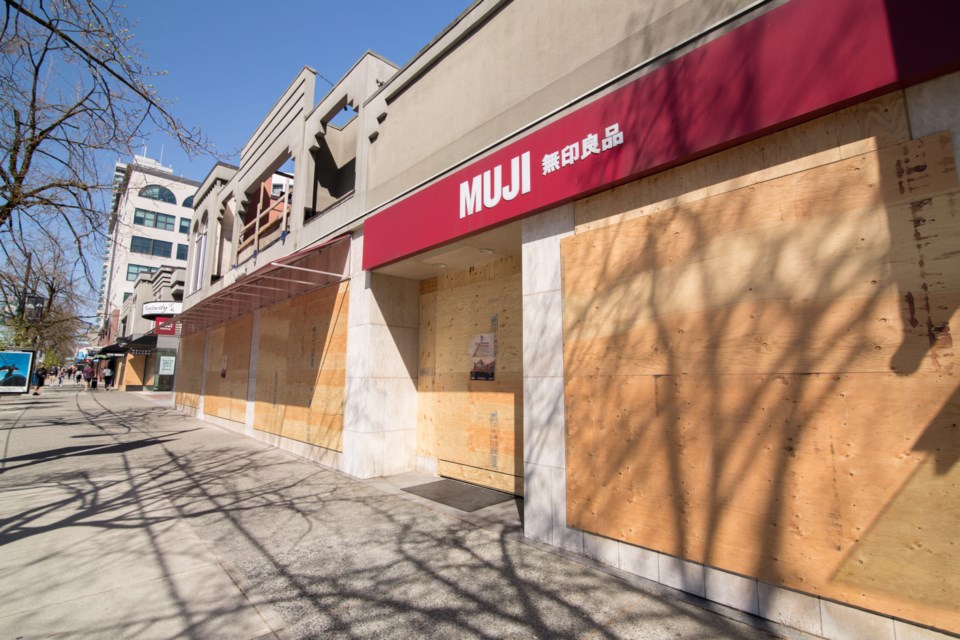One-in-four businesses in Greater Vancouver do not expect to survive the next 12 months if economic conditions do not improve, according to a survey released last week by the Greater Vancouver Board of Trade (GVBOT).
With the provincial election in the homestretch, the most important issue for most GVBOT members surveyed is economic recovery; 69 per cent put it atop their list, ahead of other priorities like education, mental health, and transportation.
There are many emergency support networks put in place for business owners, including the federal government’s Canada Emergency Business Account, B.C.’s Small and Medium Sized Business Recovery Grant, available through Small Business BC, free or discounted advertising space offered to small businesses in crisis or deferred rents or taxes.
All these are vital to keeping businesses alive and keeping some semblance of cash flow going. But without a solid business recovery plan, still just a band-aid solution and potentially just prolonging the inevitable. What business owners need to do now is take a step back and re-evaluate their game plans. If not, they will find themselves struggling to dig out of a hole of debt in a few months.
What worked pre-Covid may no longer make any sense in the new normal. Patterns and habits have changed overnight; a downtown coffee shop can no longer rely on customers from a nearby office tower. A turkey farmer no longer has big holiday dinners to rely on for sales. In-person conferences and trade shows are paused for the foreseeable future and while virtual alternatives have been gaining traction, the customer engagement strategy is not so easily transferable.
When will “normal” come back? Most pandemic experts say the changes that have come with coronavirus will be with us well into 202. It’s likely that some cultural shifts – such as working from home – will linger well beyond that.
In the context of our new reality, my advice to fellow entrepreneurs is to ask yourself what you’re doing and why – because the old reasons may no longer make sense. Finding ways to survive amid the harshest conditions is in our blood, and as a result it’s tough to see a business closing as anything but a failure. But for those businesses owners whose model no longer works, sometimes the smartest thing to do is step back.
If your business is one of the 26 per cent likely to close in the next year, try to see it as a necessary step towards creating something stronger and smarter. If you see a path through this, pivot and serve your customers in a way that makes sense for them now and they will reward you for it. Listen to your staff and team members and take into account what they are noticing and experiencing.
Businesses can die, we can mourn them and let them go. But what we absolutely cannot lose is ingenuity and entrepreneurial spirit.
Ada Slivinski is the Founder & Principal of Jam PR, a boutique agency focused on helping small businesses get big exposure. You can reach her at [email protected]
SWIM ON:
- Last time, Ada Slivinski was repulsed by a bus shelter ad - you know the one. Children are the future, not a climate crisis.
- Dene Moore: it's looooooong past time to make contraception free.
- Construction was deemed an essential service in BC. If that's the case, Chris Gardner wonders why the NDP's election platform is toxic for 85% of the industry.



